International
Orsi inaugurated as Uruguay’s leader, vows to tackle crime and inequality
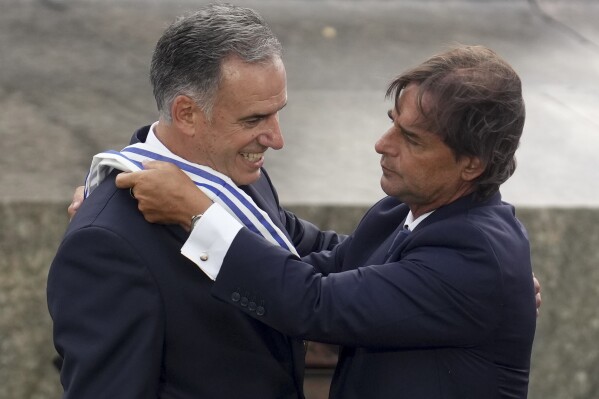
Yamandú Orsi was sworn in as Uruguay’s President this Saturday, outlining his top priorities for his administration: the economy, security, poverty, and the search for those disappeared during the dictatorship.
The former presidential candidate from the Frente Amplio delivered a 25-minute speech before the Uruguayan General Assembly, laying out the broad guidelines of his policies while signaling openness to dialogue with the political opposition.
At the beginning of his address, he acknowledged 40 years of democracy in Uruguay but emphasized that the scars of the dictatorship remain.
“This is why it is both fair and essential to uphold our commitment to freedom, truth, and justice,” he stated, drawing applause from the audience.
His commitment to finding those who disappeared during the dictatorship resurfaced at the end of his speech:
“Our democracy will be healthier the day every Uruguayan family knows where their missing loved ones are.”
On the economic front, Orsi emphasized Uruguay’s legal security and macroeconomic stability.
“The positive accumulation of past efforts has made Uruguay a country with stable rules, where contracts are honored, where the state fulfills its commitments, and where macroeconomic stability is a state policy,” he highlighted.
He acknowledged differences in economic policy approaches, stating:
“We may disagree on the tools to achieve a fairer distribution of national wealth—something we deeply value—but we will not ignore the economic principles Uruguay has upheld since the restoration of democracy.”
Regarding security, Orsi took a firm stance:
“There will be no leniency toward crime or its repression,” he declared, reaffirming his administration’s unwavering commitment to combating organized crime, drug trafficking, and money laundering.
However, he also warned that a purely repressive approach would be insufficient:
“We know well that any solution will be incomplete—and even demagogic—if we fail to address the many root causes of violence.”
International
Rubio rules out 2028 presidential bid if Vance runs

U.S. Secretary of State Marco Rubio said he would not seek the presidency in 2028 if current Vice President JD Vancedecides to run as the Republican nominee to succeed President Donald Trump.
“If JD Vance runs for president, he will be our candidate, and I will be one of the first people to support him,” Rubio said in an interview with Vanity Fair, in which he appeared alongside other senior members of the presidential cabinet.
Rubio, 54, and Vance, 41, are widely viewed as two of the leading Republican figures who could headline the party’s ticket in the 2028 election. Under the U.S. Constitution, Trump is barred from seeking another term after completing two presidential mandates.
In a lighthearted moment during the interview, Vance jokingly offered photographers $1,000 if they managed to make him look better than Rubio in the photos. Both leaders have received public backing from Trump, who last October floated the idea of a joint ticket featuring Rubio and Vance, without clarifying who would lead it.
“I think that if they ever teamed up, they would be unstoppable. I don’t think anyone would run against us,” Trump said at the time.
White House Chief of Staff Susie Wiles, who also took part in the interview, confirmed that Trump does not intend to violate the 22nd Amendment, which prohibits a third presidential term, though she acknowledged that the president is “having fun” with speculation about a possible return to office.
Rubio, the son of Cuban immigrants, served as a Republican senator from 2010 to 2025. He sought the party’s presidential nomination in 2016 but was defeated by Trump after a bruising primary contest. His name was floated as a potential vice presidential pick in 2024, but Vance ultimately secured the spot. After taking office, Trump appointed Rubio as secretary of state, making him the first Latino to hold the position.
International
Authorities search for armed and dangerous suspect in fatal Brown University attack
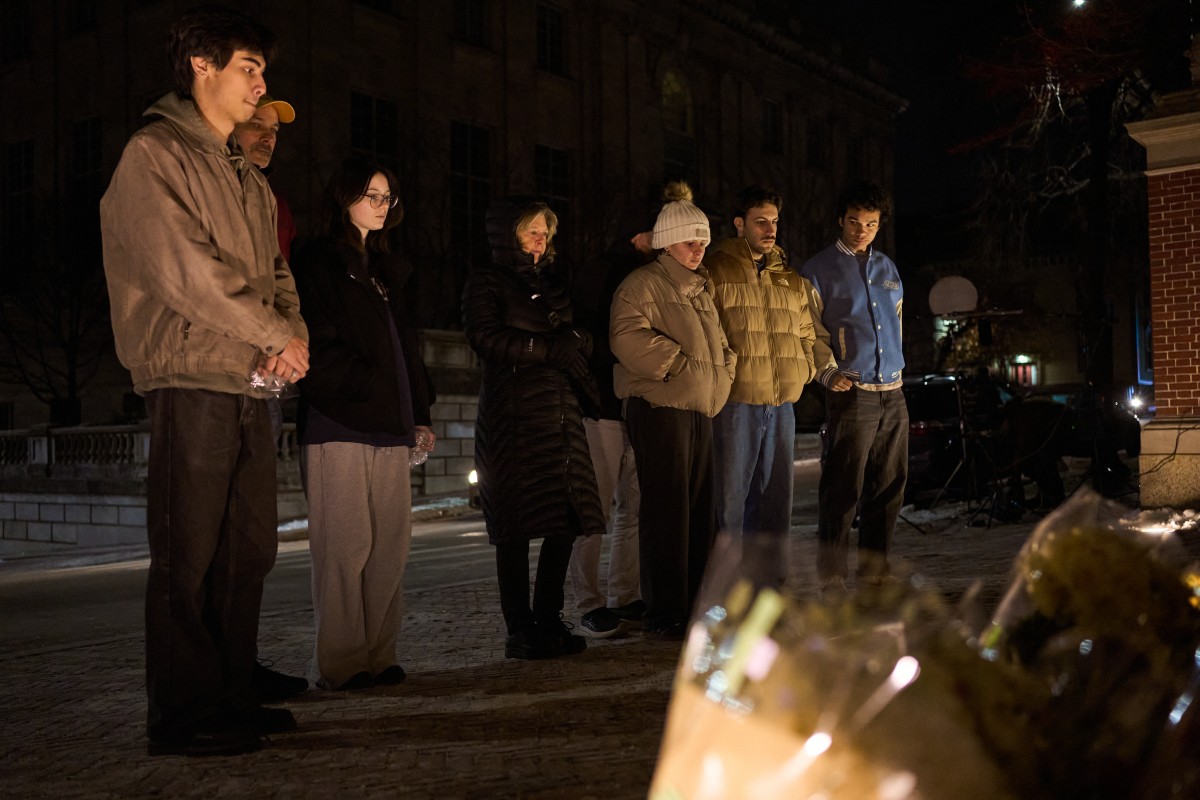
According to the statement, investigators are “seeking the public’s help to identify and speak with an individual” who was seen “near” the suspect at the time of the attack.
The Providence Police Department in Rhode Island released three photos of the person of interest, whose face has been blurred. In the images, the individual is wearing navy blue clothing, what appears to be a green hood, and carrying a light-colored backpack.
Earlier, authorities had released several photos and videos of a suspect described as “approximately 5 feet 8 inches tall, with a stocky build,” dressed in dark clothing, with their face covered by a surgical mask and wearing a beanie. The suspect’s identity remains unknown.
Authorities are offering a $50,000 reward for any information leading to the identification, arrest, and conviction of the person responsible for the killings, who is considered armed and dangerous.
The gunman opened fire on Saturday at Brown University’s engineering and physics building, where exams were being held, killing students Ella Cook and Mukhammad Aziz Umurzokov. The names of the nine people injured have not been released.
International
Police investigate deaths of Rob Reiner and wife as apparent homicide
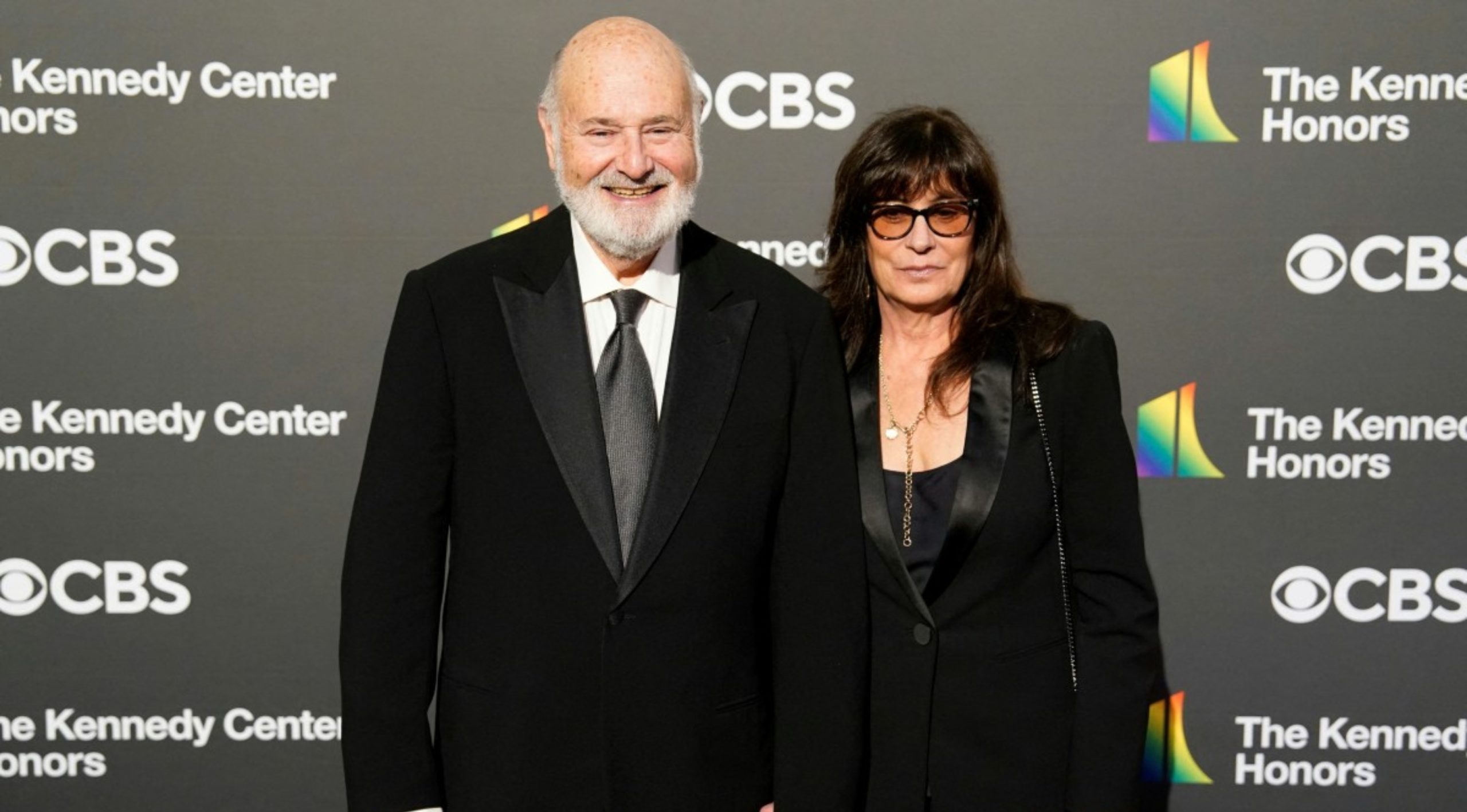
The Los Angeles Police Department (LAPD) is investigating the deaths of Hollywood actor and filmmaker Rob Reinerand his wife as an “apparent homicide,” amid a wave of tributes to the director of classics such as When Harry Met Sally.
According to U.S. media reports on Sunday, Rob Reiner and Michele Singer Reiner were found dead at their Los Angeles mansion with what appeared to be stab wounds.
Several political figures shared messages of condolence following the reported deaths of the director of A Few Good Menand his wife.
While the LAPD did not officially confirm the identities of the victims, it stated that homicide detectives were dispatched to the Reiner residence.
“At this time, no additional details are available and the investigation into an apparent homicide is ongoing,” the Los Angeles Police Department said in a statement posted on social media.
LAPD Deputy Chief Alan Hamilton told reporters that no arrests have been made and that no individuals are currently being questioned as suspects.
“I’m not going to confirm whether anyone is being questioned at this moment or not. We are going to try to speak with as many family members as we can,” Hamilton said.
CNN reported that a family spokesperson confirmed the deaths of Reiner and his wife.
California Governor Gavin Newsom, former U.S. President Barack Obama, and former Vice President Kamala Harrisissued statements expressing their condolences.
-

 Central America4 days ago
Central America4 days agoPanama seizes over three tons of drugs hidden in Caribbean port container
-

 International3 days ago
International3 days agoPolice investigate deaths of Rob Reiner and wife as apparent homicide
-

 Central America3 days ago
Central America3 days agoOAS urges swift recount in Honduras as election results remain uncertain
-
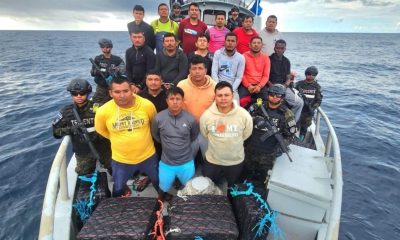
 Central America2 days ago
Central America2 days agoEl Salvador ranks among top countries in the Americas in fight against organized crime
-

 Central America2 days ago
Central America2 days agoBukele says AI partnership with xAI will transform public education in El Salvador
-

 International5 days ago
International5 days agoU.S. and Mexico Reach Deal to Address Water Deficit Under 1944 Treaty
-

 International1 day ago
International1 day agoRubio rules out 2028 presidential bid if Vance runs
-
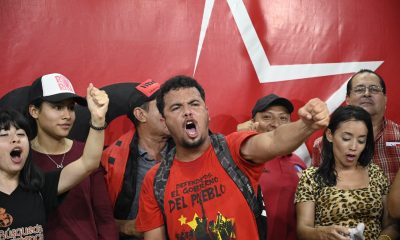
 Central America1 day ago
Central America1 day agoArrests and clashes in Tegucigalpa as vote count continues after Honduras election
-
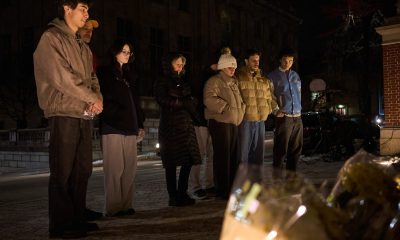
 International1 day ago
International1 day agoAuthorities search for armed and dangerous suspect in fatal Brown University attack


























